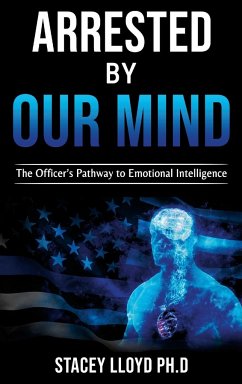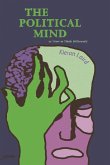We celebrate this milestone; however, we recognize that, as authors, we are responsible for providing readers with essential, up-to-date factual material, policy trends, and changes in law enforcement practices, leadership, emotional intelligence, and mental health. For law enforcement practitioners, Emotional Intelligence (EI) refers to the capacity to effectively and efficiently perceive and process emotions. Emotional Intelligence (EI), by definition, is the ability to motivate and endue oneself despite frustration; to control impulses and postpone satisfaction; to manage feelings and keep trouble from overwhelming the ability to think; to emphasize and to hope-the ability to manage EI abilities with the mindset, personality, and temperament. EI merges two of three mental cognition and the effects of intelligence and emotion. EI allows individuals to know and understand themselves, control their actions, plan, adapt to change, manage conflict, relate, and understand others, and build deep, meaningful relationships. Emotions are the result of cognitive interpretation of situations. EI relies on the individual's capacity, determined by variables, which include character and power, to learn new data, gather data, and participate in rational critical thinking. The Approach of This Text In learning about Emotional Intelligence, observers can gain a unique understanding of how the four competencies of Emotional Intelligence intersect-beginning with Self-awareness and the capacity of how it is perceived through one's feelings correctly at the time. Emotions are reactions to the world around us; where do they derive? Self-awareness has a clear sense of character and integrity, including strengths, weaknesses, ideas, beliefs, motives, and emotions. In organizational practices, self-control and self-awareness are the difference between an outstanding public administrator and an outstanding organization. The key assumptions run throughout this book. One concerns the nature of EI as a discipline; the other concerns the best way to analyze EI. EI is interdisciplinary. Criminal justice, sociology, psychology, history, law, and political science contribute to our understanding of EI. This cross-fertilization is enriching, yet it requires familiarity with vast literature. This text is structured with a strong focus on coherence, making this interdisciplinary approach comprehensible yet accessible. EI is a system. In our book, the concept of EI serves as a framework for







